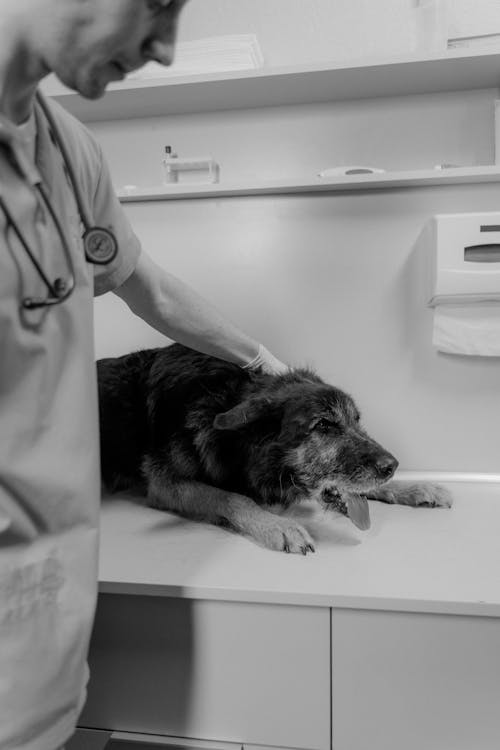This year National Animal Poison Prevention Week will be celebrated between March 20th & March 26th.
This week was created to help raise awareness of ways that animals can be poisoned, signs of animal poisoning and what we should do in the event that it happens to an animal we are around. The whole month of March is Poison Prevention Month. The National Poison Prevention Week is recognized the third full week of March and since we are already learning about the dangers of poison this month anyway, we are going to throw in a week focused on animals, most likely being our own pets.
Since Spring is just around the corner, poison related incidents are as well. Many poisonings happen in the Spring due to the plants, planting and plant chemicals related to the process of planting. Fertilizers and pest controls often contain chemicals that are fatal to pets if ingested. Plants, such as lilies are lethal to cats. For a list of poisonous plants, click on this link to ASPCA ( American Society for the Prevention of Cruelty to Animals) to help keep them all safe.
But Spring isn’t the only time to be looking for sources of poisoning. All year long there are every day hazards lying around your own home that are of great risk to your pets. Simple items such as NSAIDs, acetaminophen and antidepressants. And then there are sweets. Not only dark chocolate as we all know too well, but sugarless gums, candies and mints can be made with a sweetener called xylitol which is toxic for dogs. Flavored Multivitamins, desserts and baked goods can also contain this sweetener, so you need to always check before giving your pet any human treats. You may be literally treating them to death.
In the event your pet gets into something that you believe has caused a poisoning event, contact your pets Veterinarian immediately. If you don’t have a regular Vet or they are not in the office at the time of ingestion, call a Poison Control Center or click this link if you don’t have the number handy. These people DO charge a fee so get a local number and keep it on your refrigerator, in your phone, or use a sharpie to write it on you pets food container but put it someplace that you can find it in a hurry.